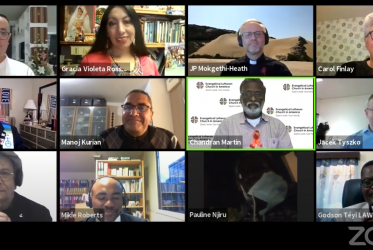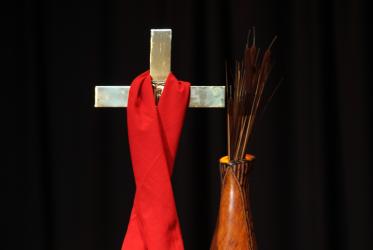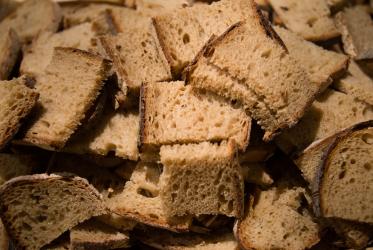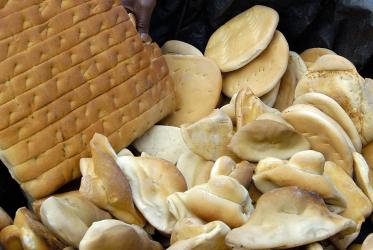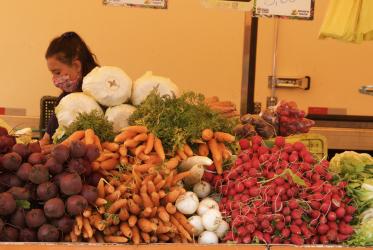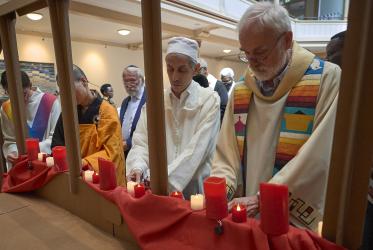Displaying 81 - 100 of 252
02 December 2020
Applications open for WCC Eco-School
22 October 2020
On World Food Day, “we pray for wisdom to care for the earth”
16 October 2020
WCC to host online prayer service for World Food Day
09 October 2020
Interfaith conference will explore role of faith in HIV response
03 September 2020
